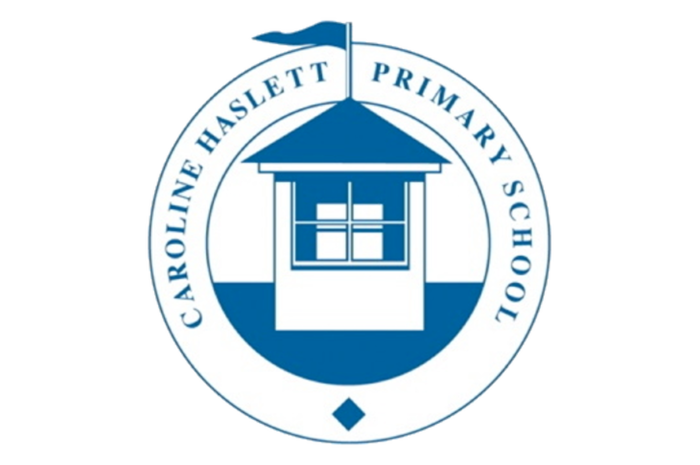Pupil Premium
Schools are required to publish details of their Pupil Premium allocation and how they spend the funding on an annual basis. The Pupil Premium sum allocated to the school is calculated according to the number of students in school receiving free school meals or who have received free school meals in the last 6 years, and also the number of students who have been looked after for more than six months.
The purpose of the Pupil Premium is to make funding available so that the school can ensure that students of all backgrounds have an equal opportunity to make good progress. The DfE guidance states that “It is for schools to decide how the Pupil Premium...is spent, since they are best placed to assess what additional provision should be made for the individual pupils within their responsibility”.
At Caroline Haslett, we track the achievement of children who qualify for free school meals closely, ensuring they have their needs clearly identified and their progress closely monitored. In particular, we monitor the ‘gap’ in their achievement compared to that of their non-disadvantaged peers. The responsibility for this falls to the Pupil Premium (PP) coordinator.
Early intervention and targeted learning support are central to our strategy. Closing attainment gaps very early on allows us the freedom to provide children with a huge number of experiences as they continue their journey through the school.
As a school we are constantly looking for ways to improve attitudes, achievement and parental engagement for all children, working to ensure all aspects of school life are fully inclusive.
Enrichment opportunities are key to our success. We offer over 500 places each week in extracurricular provision where PP children are targeted and supported to attend. Also, as with any residential trips or excursions we offer, we will assist our parents financially if necessary.
Provision maps are used to track the support every PP child receives to ensure all eligible children are allocated the resources to which they are entitled. Thorough assessment analysis gauges the impact the funding is having on PP achievement. This data analysis is subsequently used to inform future practice.
Provision management enables the school to evaluate each intervention directly, compared to the allocation of funds. This monitoring is used regularly throughout the year to establish maximum value for money and impact both academically and more widely.
Provision management is also used to demonstrate non-academic areas of progress within social, emotional and behavioural development (for example, confidence and self-esteem, social skills, relationships, higher levels of participation). This information is gathered via a variety of sources including questionnaires, evaluative discussions with pupils, teachers, parents/ carers and oral feedback from external agencies and providers. Improvement in parental/ carer involvement and children’s attendance records are also closely monitored. The evidence gathered clearly shows that we make a difference to disadvantaged children.
